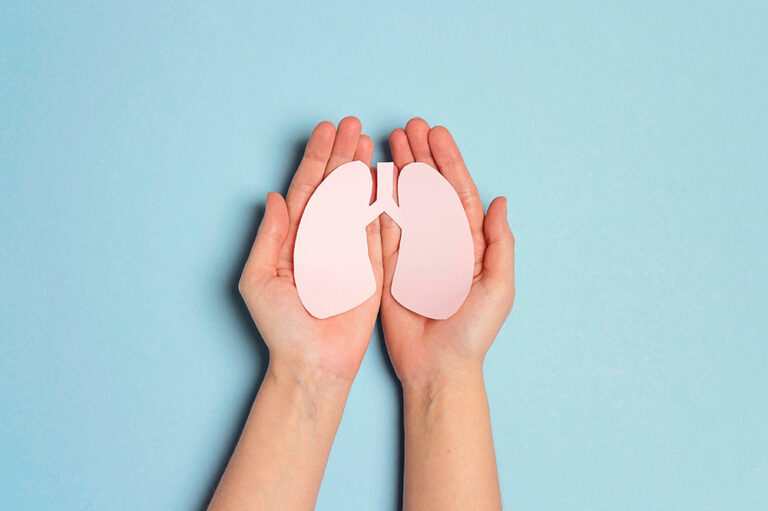
Health
7 bathing and showering mistakes to avoid
Bathing and showering are essential parts of our daily hygiene routine, but sometimes we make mistakes that can affect our skin and overall health. While these are some of the most basic and simple activities of the day, some tips can enhance this self-care experience further. This article discusses 7 common bathing mistakes people make. Avoiding these common mistakes will help you make your skincare routine more efficient in maintaining good health and hygiene. Taking hot water showers This can be especially comfortable when there’s a nip in the air or even after a long exhausting day of work. But hot showers are notoriously famous for rinsing the natural oils off the skin. This can leave the skin to be dry and flaky. If you suffer from skin conditions like eczema or psoriasis, hot showers should not be considered at all. It can cause flare-ups due to dry skin and dehydration. Also, always keep the baths short, just 10 mins. In fact, a lot of people might enjoy a hot shower after a workout, but studies suggest that a cold shower after a workout can help relax the muscles even more. And this can also help keep the pores of the skin closed.
Read More 









